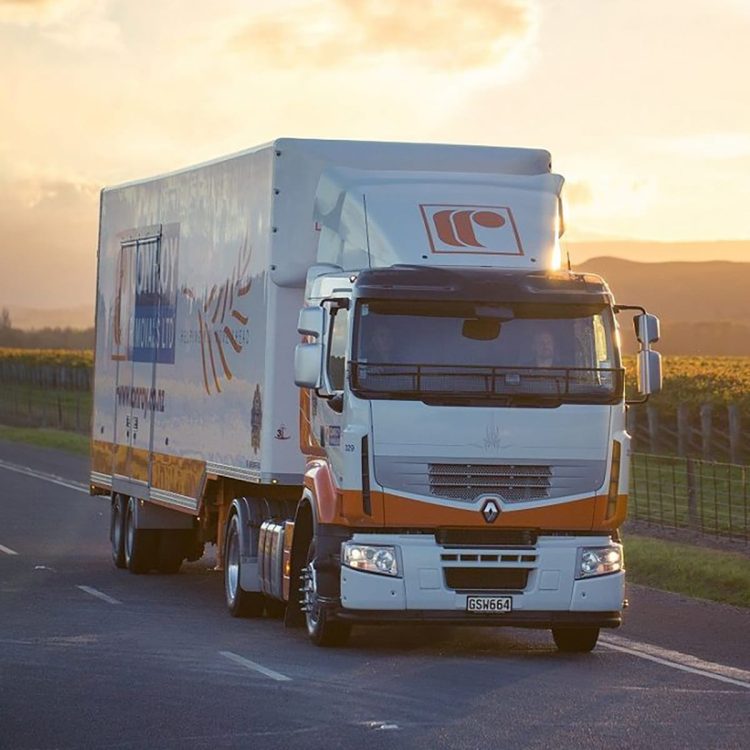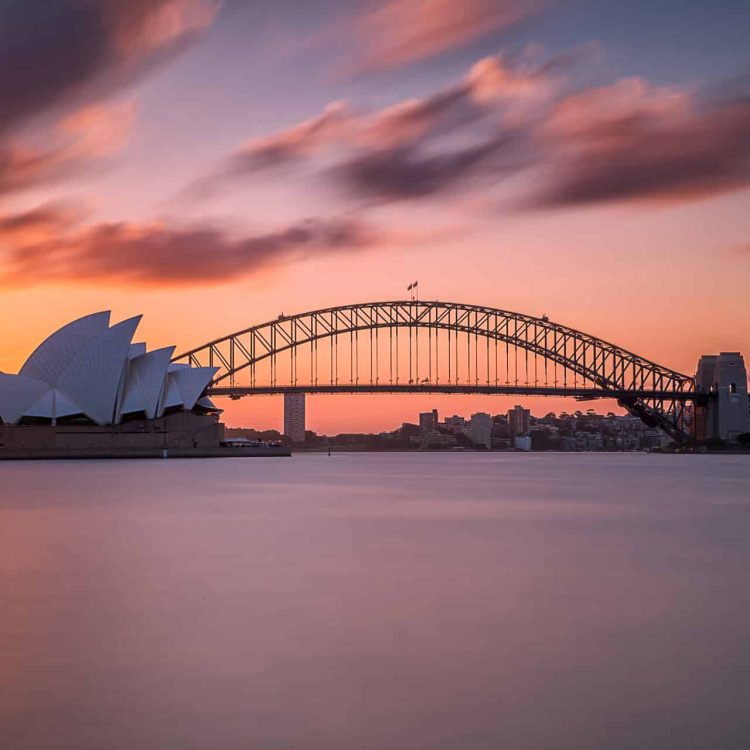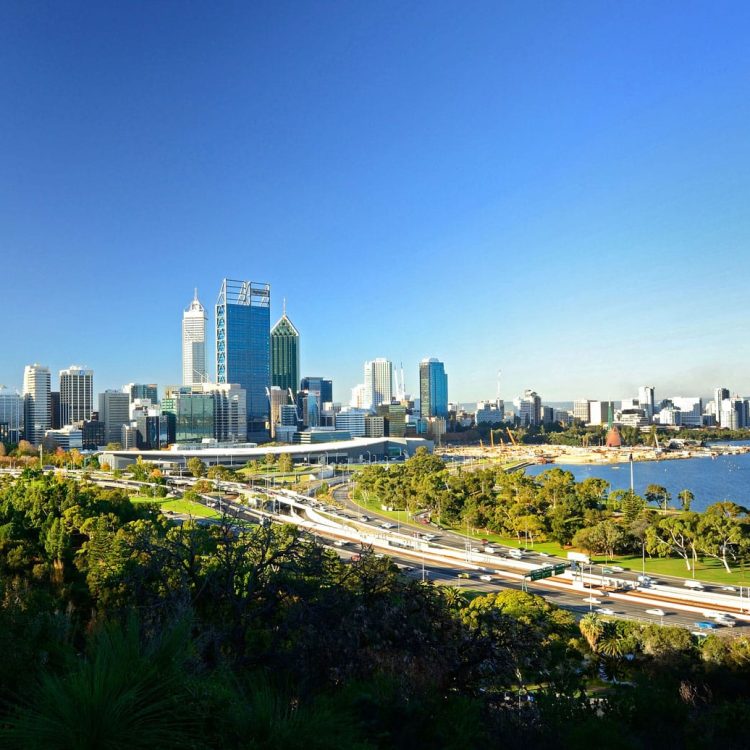Removals to New Zealand
New Zealand removals
We do New Zealand removals better than anyone else. With branches throughout New Zealand in Auckland, Tauranga, Napier, New Plymouth, Wellington, Nelson, Dunedin and Christchurch, we have the country covered. Whether you need to move some selected items, all of the contents of your home or a vehicle, we can tailor a service to meet your requirements.
We make it easy by providing a door to door service to anywhere in New Zealand. Plus we’ve got the latest information about New Zealand border control regulations for customs, quarantine and CITES.

Why move with us?
How much will it cost to move to New Zealand?
- Where are you moving from and where are you moving to in New Zealand?
- How much do you need to move, i.e. your full household or part of it?
- Do you have any items that require special handling, i.e. a piano?
- When do you plan to move?
- Will you require packing services for your boxes?
- We also have moving insurance available as well.
Economy sea freight to New Zealand.
New Zealand customs regulations
New Zealand quarantine regulations
CITES Regulations
- Elephant ivory, which can be found in piano keys for example.
- Rosewood furniture.
- Hunting trophies, animal mounts and floor rugs.
- Wildlife souvenirs such as corals, some shells and animal skulls.
- Handbags or shoes made from crocodiles or snakes.
Shipping your vehicle to New Zealand
4.4 from 1984 reviews for moving overseas
89%
Of clients surveyed said they would use Conroy Removals again
89%
Of clients surveyed said they would recommend Conroy Removals to others





What our customers say about us
Isabella was helpful in the office as were JJ & Chris – my two friendly removalists. Very happy with the service.
...- Review for All, Overseas to Australia
- 23 June, 2025